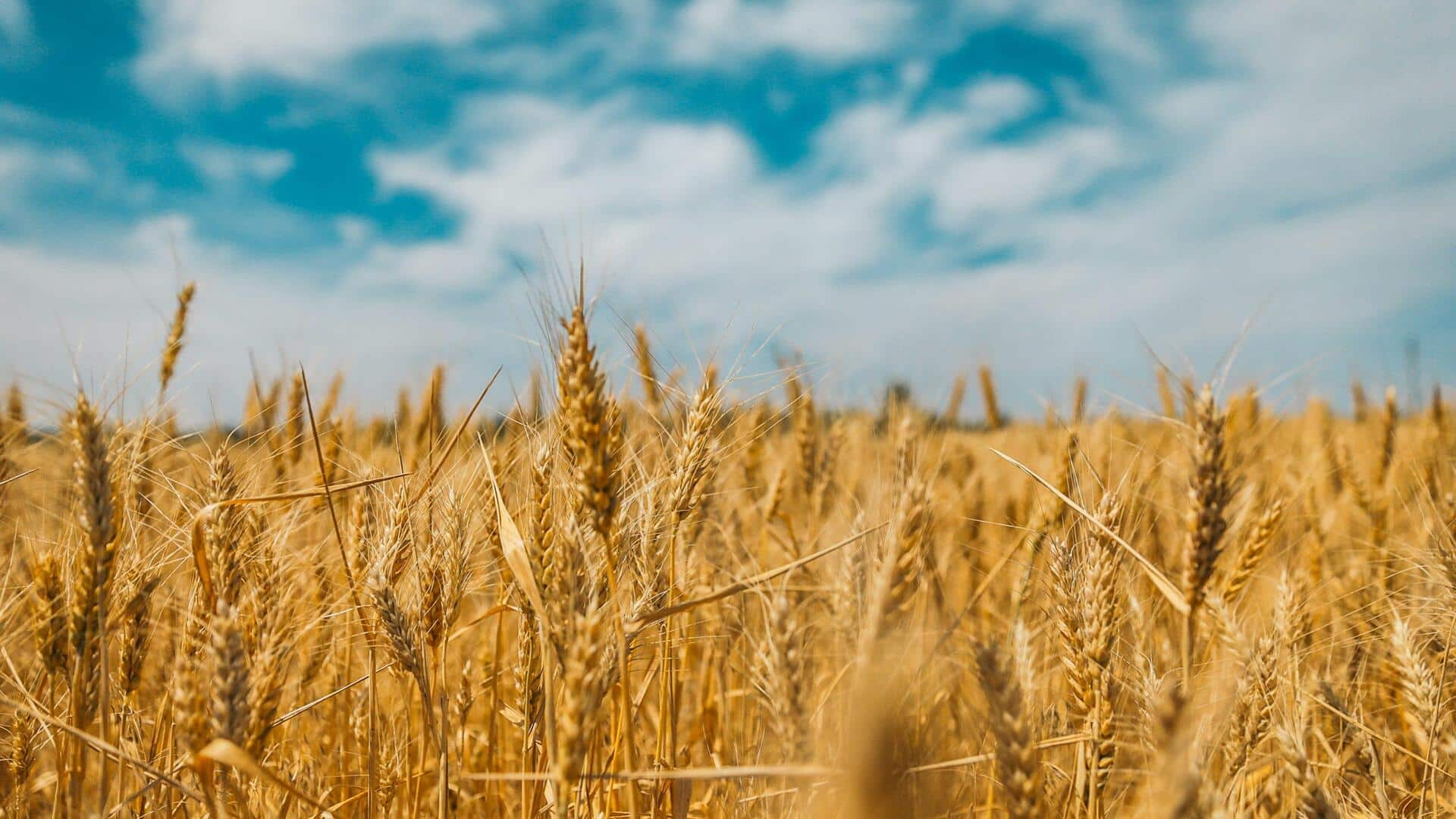
Food crisis is imminent. These Nobel laureates have a solution
What's the story
Over 150 Nobel and World Food prize laureates have made a public appeal for urgent "moonshot" action to avert the impending global hunger crisis. The group, comprising some of the world's most eminent thinkers, is pushing for a major increase in food production through research and technology. The call to action seeks to correct the "tragic mismatch of global food supply and demand."
Notable supporters
Distinguished signatories support call for action
The appeal has received support from a wide array of eminent personalities. The signatories include big bang physicist Robert Woodrow Wilson, Nobel laureate chemist Jennifer Doudna, the Dalai Lama, economist Joseph E Stiglitz, NASA scientist Cynthia Rosenzweig, geneticist Gebisa Ejeta, and economist Akinwumi Adesina. African Development Bank President and literature Nobel laureate Wole Soyinka is also supporting this initiative.
Addressing obstacles
Laureates highlight challenges and propose solutions
The laureates' appeal stresses that "planet-friendly" strategies must be adopted to increase food production significantly, to feed an estimated 9.7 billion people by 2050. They mention challenges like climate change, war, and market pressures as hurdles in achieving this goal. The group is looking for financial and political support for their cause, with an emphasis on innovative solutions that can help increase global food supply.
Urgent warning
Hawtin warns of complacency toward global hunger
Geoffrey Hawtin, an agricultural scientist and co-recipient of last year's World Food prize, was concerned that this issue wasn't getting enough attention. He warned complacency could lead to a severe food crisis in the future. "It's almost as if people are burying their head in the sand," he said. "There's so many other issues that grab the attention, that this is somehow insidious and creeping up on us and most people don't give it too much thought."
Production concerns
Hawtin highlights need for increased food production
Hawtin emphasized the stagnation and decline in global rice and wheat production, when food production must increase by 50-70% over the next two decades. He emphasized that delaying action could result in a prolonged food crisis. "It's very easy to defer tackling it, but if we wait until there really is a massive food crisis then we'll have 10 to 15 [years] to live in that crisis," he warned.
Future risks
Laureates' letter warns of future food insecurity
The laureates have penned a letter that warns that without international support for innovation, humanity could face an "even more food insecure, unstable world" by mid-century. American agriculturalist Cary Fowler, who coordinated the appeal, stressed the need for scientific efforts to reverse our current trajectory. "All the evidence points to an escalating decline in food productivity if the world continues with business as usual," he said.
Regional impact
Climate change and food production: A focus on Africa
The letter specifically emphasizes how climate change is affecting food production in Africa, where population growth is outpacing agricultural yields. Soil erosion, land degradation, biodiversity loss, water shortages, conflict and restrictive government policies are barriers to agricultural innovation. Adesina emphasized the urgency of addressing these issues. "Temperature rises are expected to be most extreme in countries with already low productivity, compounding existing levels of food insecurity," he said.
Proposed solutions
Laureates propose scientific breakthroughs to boost food production
The letter suggests a number of scientific breakthroughs and emerging fields of research that could be prioritized as "moonshot" goals. These include improving photosynthesis for wheat and rice, developing cereals that can source nitrogen biologically and grow without fertilizers, and boosting research into indigenous crops that tolerate extreme weather conditions. Reducing food waste by improving the shelf life of fruits and vegetables, and creating food from microorganisms and fungi are other important goals.